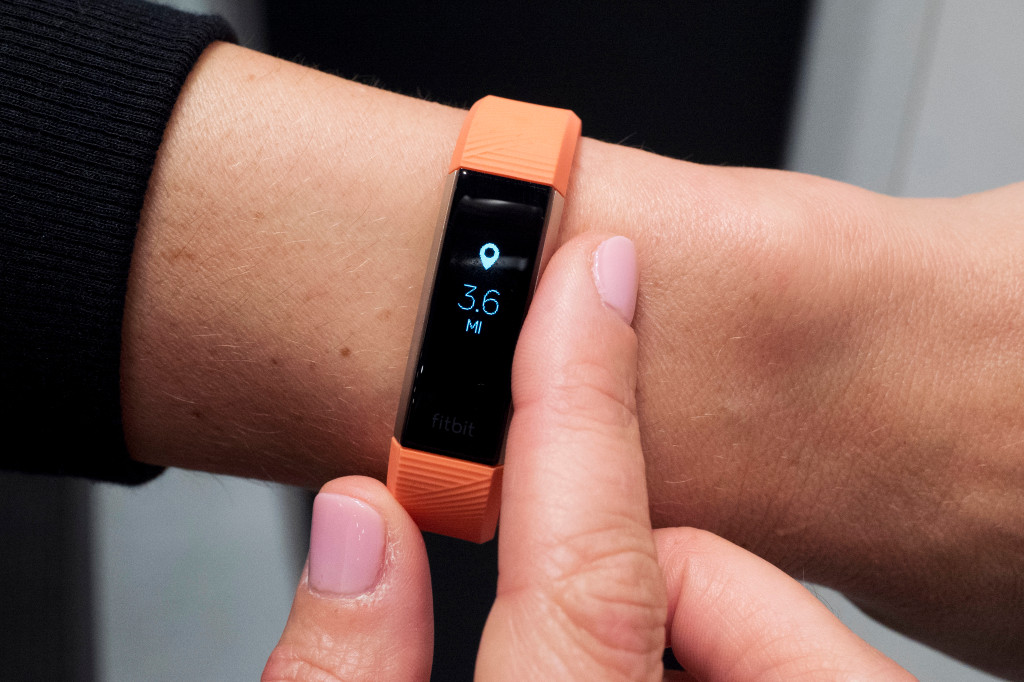Google is buying Fitbit for about $2.1 billion, diving into the world of wearables already occupied by rivals such as Apple.
The maker of wearable fitness trackers agreed to a deal worth $7.35 a share in cash, it announced Friday. Fitbit shares closed Thursday at $6.18, a 43% increase from their closing price Monday, when Reuters reported that Google and the San Francisco company were in acquisition talks. Fitbit stock was up nearly 1% in Friday morning trading, to $7.12.
The acquisition will allow the Silicon Valley internet giant to invest more into Wear OS — formerly called Android Wear, an operating system found in other brands’ wearable devices — and bring Made by Google wearables into the market, said Rick Osterloh, Google senior vice president of devices and services, in a blog post. He called Fitbit “a true pioneer in the industry” and said Google planned to “work closely with Fitbit’s team of experts.”
It is unclear how the deal, which is expected to close in 2020 pending approval from Fitbit shareholders, will affect Fitbit’s executives and employees. Fitbit had 1,625 employees as of June 29, 2019, according to its most recent quarterly report. When reached Friday, spokeswomen for both companies would not comment further.
“With Google’s resources and global platform, Fitbit will be able to accelerate innovation in the wearables category, scale faster, and make health even more accessible to everyone,” said James Park, co-founder and CEO of Fitbit, in a statement. “I could not be more excited for what lies ahead.”
Park noted that Fitbit has 28 million active users around the world, which will give Google access to a sizable chunk of the industry. He also said Fitbit will continue to be platform-agnostic. Its devices work on Android and iOS.
Fitbit, founded in 2007, popularized the tracking of steps, calories burned and other health-related measures such as heart rate, but that information is now also tracked by devices such as the iPhone and the Apple Watch. Apple devices and those made by Chinese manufacturers have overtaken Fitbit in the space over the past few years. In the first quarter of 2019, Apple had 25.8% market share, Xiaomi had 13.3%, Huwaei 10%, Samsung 8.7% and Fitbit 5.9%, according to Statista. In the same period five years ago, Fitbit’s market share was 44.7%.
Analysts see patient data as “the holy grail” in health care, said Nilesh Chandra, health care data expert at PA Consulting.
“This is a pure data play,” Chandra added. “Google has shown themselves adept at making similar moves in the past on data (e.g. Waze) and also worth noting that they are behind both Apple and Samsung in wearables, so Fitbit makes sense for Google.”
Google makes money mainly from advertising and has been criticized for and fined by regulators over how it handles user data. In his blog post about the deal, Osterloh said, “Fitbit health and wellness data will not be used for Google ads.”










